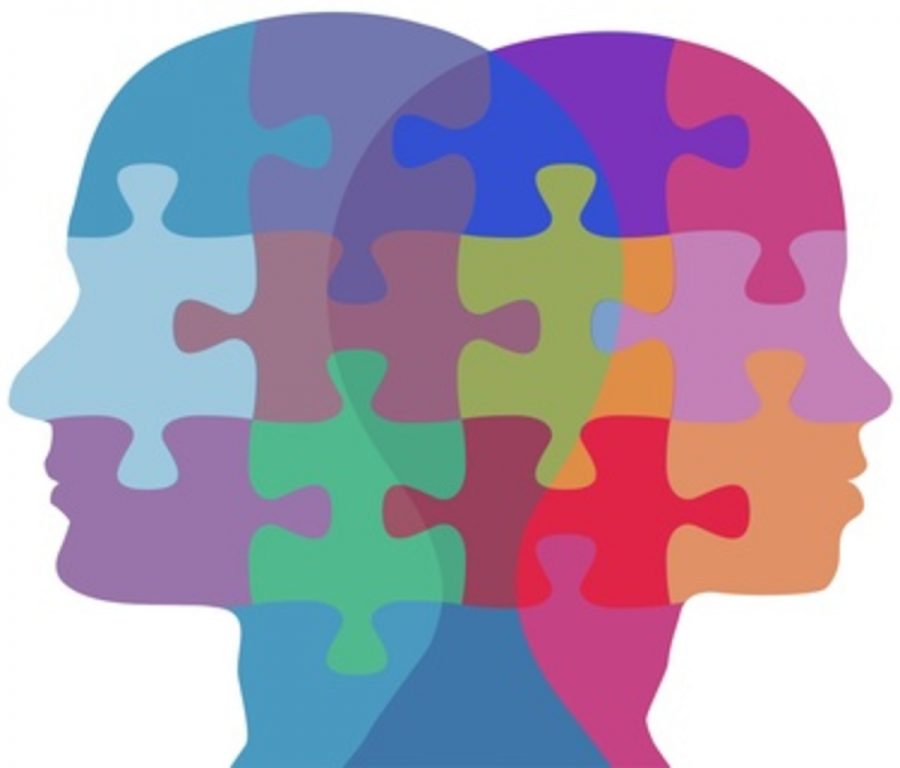By: Bradley Dick ’16, Perspectives Editor
Shootings at Sandy Hook Elementary, Washington Naval Yard, Charleston A.M.E. Church, and most recently at Umpqua Community College in Rosenberg, Oregon on October 1st, are just a few of the many mass shootings in the past six years. Since 2009, in the U.S. alone, there have been more than 143 killed and 245 injured—all innocent victims—in mass shootings.
This is more than a problem with the partisan debates in Congress, it is a complex problem that has been developing since the 1960s: mental illness in America.
The majority of these gunmen suffer from some type of mental illness. While state mental reform has been a concern for almost 200 years, it wasn’t until the 1960’s and 70’s that deinstitutionalization became a widespread trend across America.
In 1970, the American Association for the Abolition of Involuntary Mental Hospitalization (AAIMH) began lobbying congress for the abolition of involuntary psychiatric intervention, specifically intervention that institutionalized patients. This organization provided legal support to psychiatric patients who were institutionalized in state run mental health facilities.
The AAIMH along with other mental institution abolitionists sought to outlaw practices of peonage. This ultimately led to the Souder v. Brennan decision in which the United States District Court for the District of Columbia ruled that according to the Fair Labor Standards Act of 1966, all patient-workers in mental institutions were employees of those mental wards and thereby must receive compensation.
The ruling significantly increased the cost of operating mental institutions, and ultimately led to the deinstitutionalization of all mental facilities.
While the Supreme Court went on to overturn the Souder v. Brennan decision in 1976, by then it was already too late as many state mental institutions and hospitals had already shutdown. The remaining state institutions faced even more difficulty by the Medicaid reimbursement rule, which prohibits mental hospitals exceeding 16 beds from receiving federal matching payments for inpatient care.
Before the deinstitutionalization of state run mental hospitals, there were over 558,000 inpatient psychiatric beds in the U.S. After 50 years of efforts to deinstitutionalize, there are just about 45,000 beds left in the U.S.
According to the National Alliance on Mental Illness (NAMI), 43.7 million Americans suffer from mental illness. Where will these individuals receive appropriate care and housing?
There are more than 3.5 million homeless people in America each year, and roughly 25% of those suffer from some degree of mental illness. There are also an estimated 705,600 mentally ill individuals incarcerated in local, state and federal prisons.
At least 59% of individuals that suffer homelessness or incarceration go untreated for their entire lives. The National Institute of Mental Health conducted a study which showed that mentally ill individuals that are treated are 15 times less likely to act violently than those who receive absolutely no treatment.
Recently, it has become increasingly evident to some in Congress that there needs to be a change. Republican Representative Tim Murphy of Pennsylvania, who is also a psychologist in the Navy Reserve, has authored the Helping Families in Mental Health Crisis Act. This bill focuses government resources to reform and “foster evidence-based care, fix the shortage of psychiatric hospital beds, empower patients and caregivers under HIPAA privacy laws, and help patients get treatment well before their illness spirals into crisis.”
Tim Murphy along with others in the House Oversight and Investigation Subcommittee led a congressional investigation into the failed mental-health system in America following the mass shooting at Sandy Hook Elementary School. According to Tim Murphy: “What we found was shocking and disgraceful: a wasteful federal bureaucracy that is anti-patients, anti-family and anti-medical care.”
Rep. Murphy isn’t the only one in D.C. realizing the need for change. In the Senate, Democratic Sen. Chris Murphy of Connecticut along with Republican Sen. Bill Cassidy of Louisiana have authored a similar bipartisan mental health bill that accompanies Rep. Tim Murphy’s House bill.
Both bills are receiving bipartisan support in the House and Senate. But, while the bill has over 130 bipartisan co-sponsors, it still faces opposition by a minority in Congress who don’t support some of the bill’s provisions.
While some in Congress believe that gun reform is the next step in preventing another mass shooting, others remain hesitant to the idea. However, no matter if gun reform stays stagnant or not, there is no doubt that the majority of both Democrats and Republicans support mental health reform.
Gun control, for a variety of reasons, probably won’t pass in either chamber. However, it is vital that Congress support both Rep. Murphy and Sen. Murphy’s bills to address and finally end the mental health crisis in America.
Sources:
http://www.wsj.com/articles/mass-shootings-and-a-mental-health-disgrace-1444346679
http://www.huffingtonpost.com/anhvinh-doanvo/the-republican-mental-hea_b_8249840.html
http://www.treatmentadvocacycenter.org/index.php?option=com_content&task=view&id=347
http://www.studentsagainsthunger.org/page/hhp/overview-homelessness-america
http://nicic.gov/mentalillness
https://en.wikipedia.org/wiki/Deinstitutionalisation
https://www.nami.org/Learn-More/Mental-Health-By-the-Numbers
Image Source:
http://sharpbrains.com/wp-content/uploads/2014/09/mental-health.jpg




